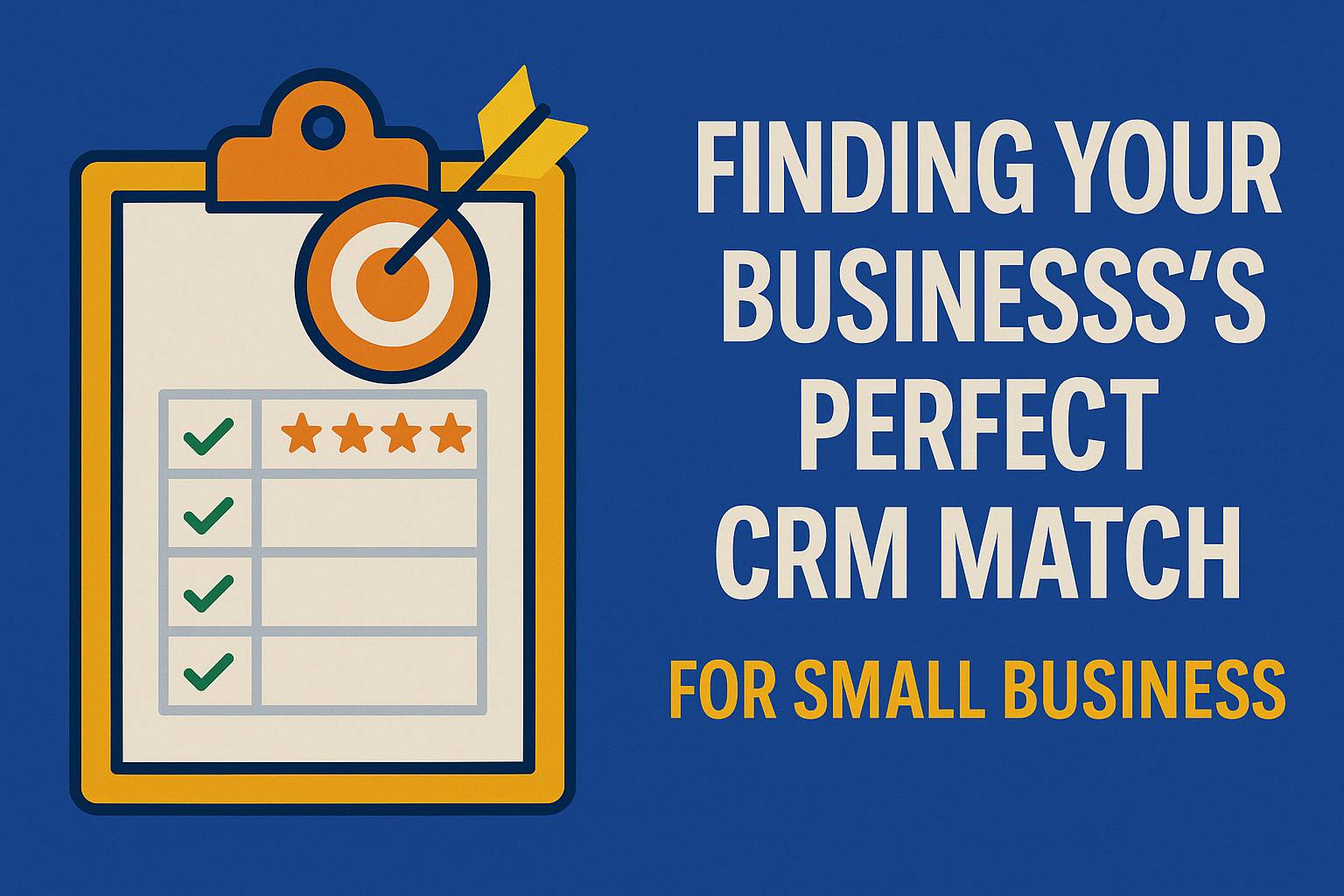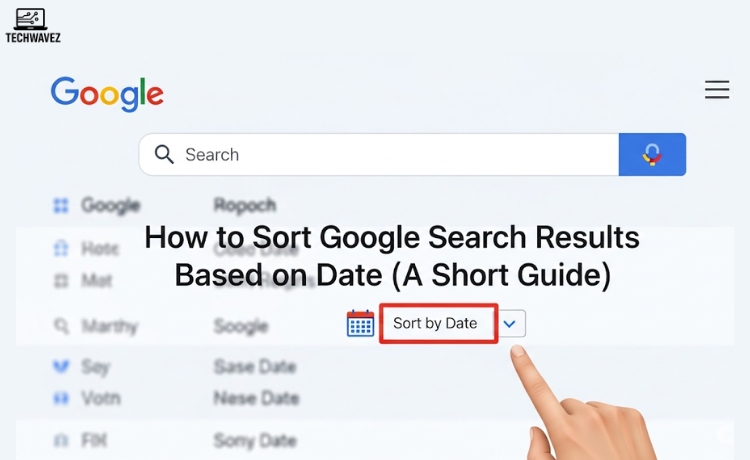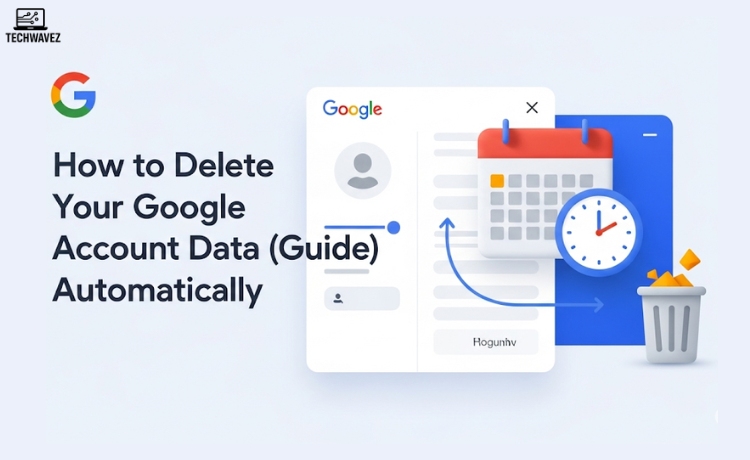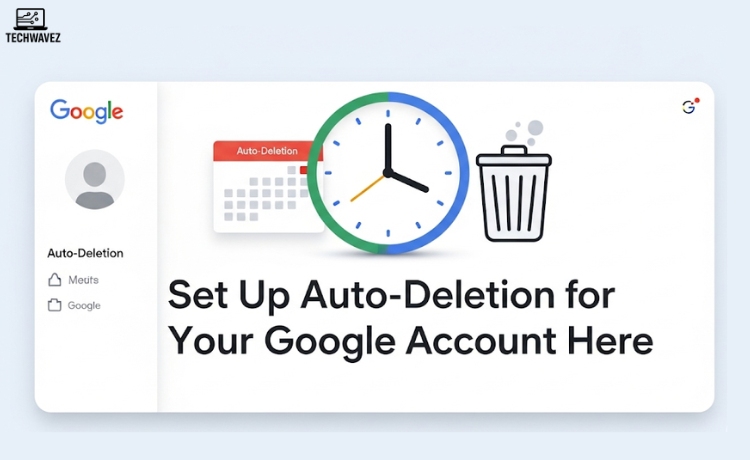Looking for the perfect CRM to help your small business thrive in 2025? You’re in the right place!
The right CRM can transform customer interactions, turn leads into loyal fans, and make you feel like a marketing superhero.
This guide will walk you through top picks, must-have features, and practical comparisons so you can confidently choose the best CRM software for your business (and yes, you’ll get some personal tips along the way!).
Why a CRM Matters for Your Small Business
Running your business is no small feat, and staying on top of every customer conversation. That’s an even bigger challenge! CRM (Customer Relationship Management) software keeps your contacts, emails, deals, and follow-ups organized in one magical dashboard. No more scrambling for sticky notes or digging through old emails. Plus, CRMs often come with automated workflows, reporting tools, and integrations that save you time and make your business run smoother.
Think of CRM software as your reliable sous-chef in the kitchen of entrepreneurship—it chops, organizes, and serves up everything you need to deliver amazing customer experiences!
How We Chose the Best CRM Software Options
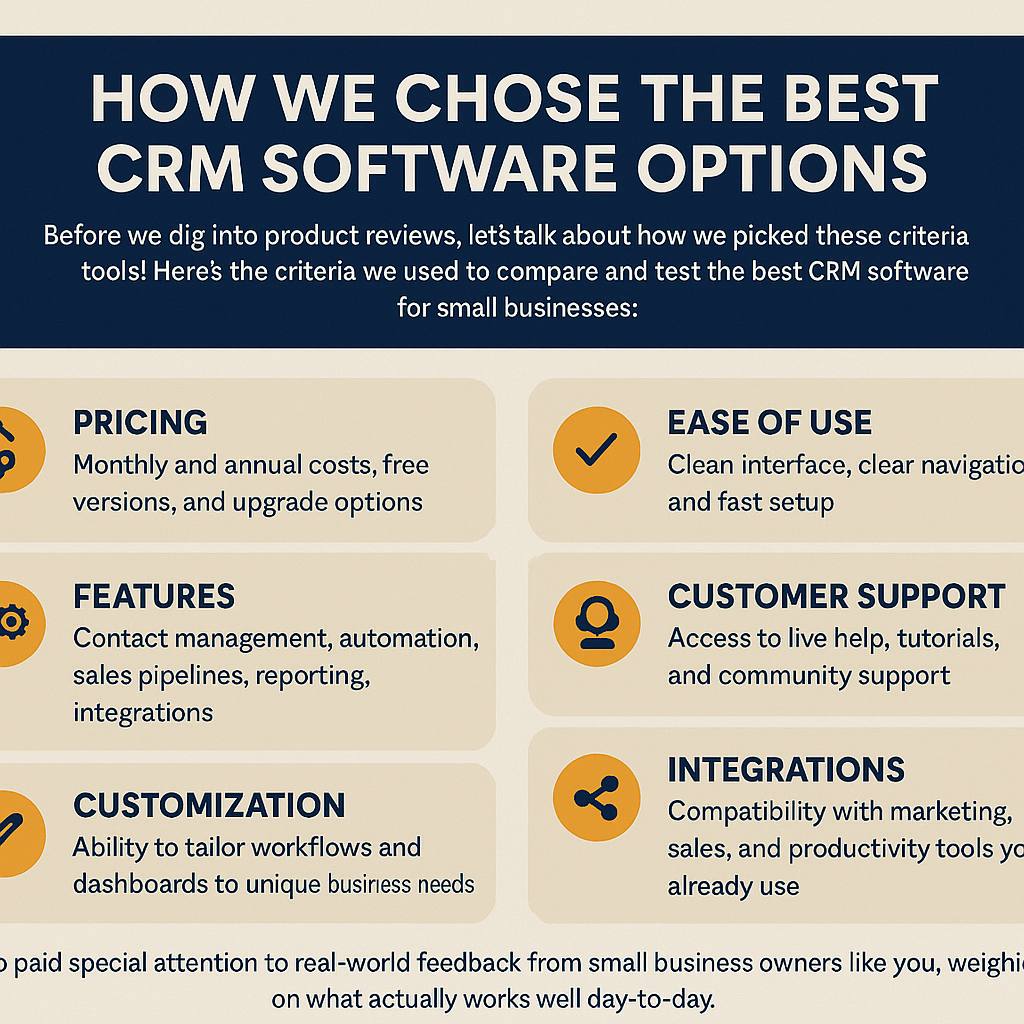
Before we dig into product reviews, let’s talk about how we picked these standout tools! Here’s the criteria we used to compare and test the best CRM software for small businesses:
- Pricing – Monthly and annual costs, free versions, and upgrade options
- Features – Contact management, automation, sales pipelines, reporting, integrations
- Ease of Use – Clean interface, clear navigation, and fast setup
- Customization – Ability to tailor workflows and dashboards to unique business needs
- Customer Support – Access to live help, tutorials, and community support
- Integrations – Compatibility with marketing, sales, and productivity tools you already use
I also paid special attention to real-world feedback from small business owners like you, weighing in on what actually works well day-to-day.
Top CRM Software for Small Businesses in 2025
Drumroll, please! Here are the best CRM systems for this year, each with its own flavor to suit different business appetites:
- HubSpot CRM
- Zoho CRM
- Pipedrive
- Salesforce Essentials
- Freshsales
- Monday.com CRM
- Keap (formerly Infusionsoft)
- Begin with Zoho
- Less Annoying CRM
- Nimble
Wondering what sets these tools apart? Read on—I’ll break down each one, including its standout features, pros, cons, and who it’s best for!
CRM Reviews & Recommendations
1. HubSpot CRM
HubSpot CRM is the people-pleaser of the bunch. It’s fully cloud-based, user-friendly, and their free plan packs a punch. You’ll love the intuitive dashboard, effortless contact management, and automation features.
Pros:
- Generous free plan
- Seamless marketing and sales automation
- Excellent email tracking and templates
- Tons of integrations (including Gmail, Outlook, Slack)
Cons:
- Advanced features (like custom reports) require paid tiers
- It can get pricey as your team grows
Best for: Startups, growing small businesses, or anyone just starting with CRM tools.
Personal tip: If you geek out over analytics and want a tool that grows with your business, HubSpot’s scalable pricing is a huge plus.
2. Zoho CRM
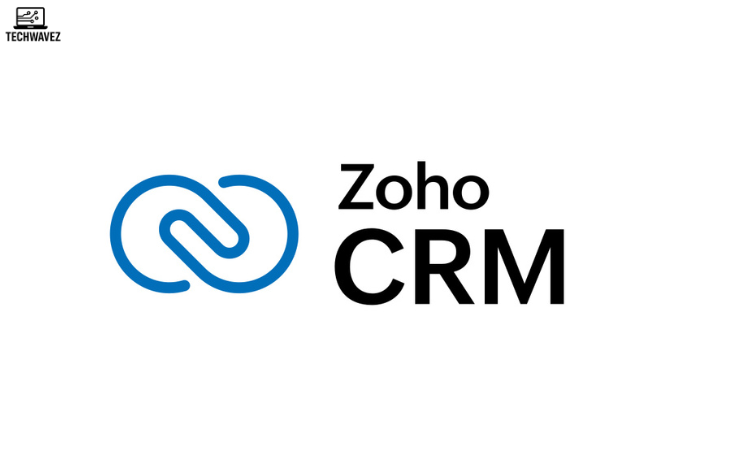
Zoho CRM is a powerhouse for small businesses that crave flexibility. Its affordable plans cover contact management, workflow automation, social media integration, and advanced analytics.
Pros:
- Highly customizable (even the free tier!)
- AI sales assistant “Zia” for smarter insights
- Wide range of built-in tools and add-ons
Cons:
- Learning curve (especially for advanced features)
- Customer support can be slow on basic plans
Best for: Budget-savvy teams who still want big-business features.
Personal tip: Use Zoho’s marketplace for handy integrations with accounting, email, and marketing tools.
3. Pipedrive
Pipedrive brings absolute joy to tracking sales stages. Its clean, drag-and-drop interface makes it easy to visualize deals and move them forward.
Pros:
- Intuitive pipeline management
- Strong automation and customization
- The mobile app is top-notch
Cons:
- Less robust for marketing automation
- Reporting is based on entry plans
Best for: Sales-focused startups and small teams that live for pipeline clarity.
Personal tip: If tracking sales is your #1 priority, Pipedrive’s visual workflow is a game changer!
4. Salesforce Essentials
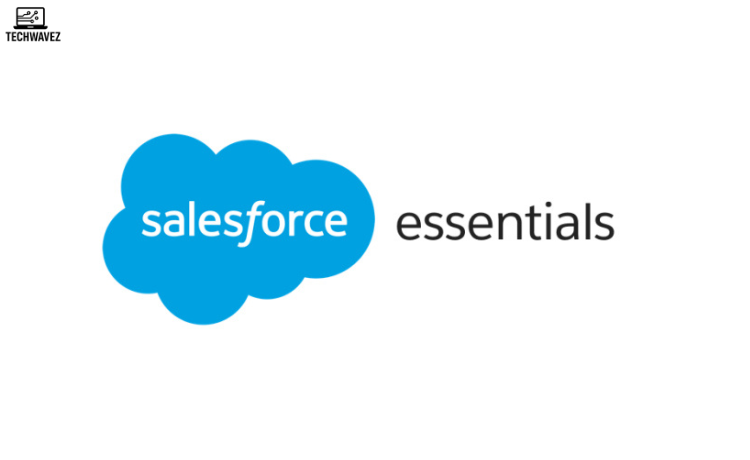
Salesforce may be the global CRM titan, but its Essentials plan is designed for small businesses. You get rock-solid reliability, workflow automation, and scalable options.
Pros:
- Powerful process automation
- Broad integration options
- Fast, reliable performance
Cons:
- Steeper learning curve for beginners
- Slightly higher starting price than competitors
Best for: Ambitious businesses ready to scale with a future-proof CRM backbone.
Personal tip: Take advantage of Salesforce’s massive library of tutorials and the Trailblazer Community!
Also check out other best software for small business.
5. Freshsales
Freshsales stands out for built-in communication tools like email, phone, and chat tracking right inside the CRM. It’s user-friendly with stellar AI-powered lead scoring.
Pros:
- Built-in phone and email functions
- AI insights and recommendations
- Very easy to use
Cons:
- Some “extras” require Premium tiers
- Reporting could be even more powerful
Best for: Service-based businesses and teams that want everything in one place.
Personal tip: Love talking on the phone? Freshsales’ auto-dialer will be your new best friend.
6. Monday.com CRM
Monday.com started as a work management platform, but its flexible CRM templates have taken off! If you love a colorful, visual workspace, Monday.com is pure delight.
Pros:
- Visual drag-and-drop pipelines
- Deep customization (columns, views, automation)
- Great for project + CRM in one
Cons:
- Add-ons can increase costs fast
- Not built primarily as a CRM
Best for: Teams that want CRM and project management rolled into one.
Personal tip: Explore Monday’s template library to jumpstart your ideal workflow.
7. Keap
Keap (formerly Infusionsoft) is fantastic for small businesses that are serious about growth. It blends CRM, email marketing, invoicing, and automation in a single package.
Pros:
- Powerful sales & marketing automation
- Excellent for nurturing leads and recurring sales
- Built-in invoicing and appointment scheduling
Cons:
- Higher starting price
- Takes some time to set up automation
Best for: Service providers, coaches, and consultants who nurture their leads.
Personal tip: Use Keap’s automation recipes to save time from day one.
8. Bigin by Zoho
Bigin is a CRM created just for small businesses. It’s got all the essentials, none of the fluff, and a price that’s hard to beat.
Pros:
- Super affordable monthly pricing
- Focused on simplicity, not bloat
- Integrates with Zoho’s other tools
Cons:
- Fewer features compared to Zoho CRM
- Less suited for complex sales processes
Best for: New startups or solo entrepreneurs who want a “just right” CRM.
Personal tip: If you’ve never used CRM before, you’ll appreciate Bigin’s guided setup.
9. Less Annoying CRM
The name says it all! Less Annoying CRM is famous for being simple, straightforward, and approachable.
Pros:
- Flat monthly fee ($15 per user!)
- No contracts, no fuss
- Friendly customer support
Cons:
- Minimal reporting and automation features
- Not ideal for large teams
Best for: Solo founders and tiny teams who want simple contact management.
Personal tip: Use Less Annoying’s daily agenda emails to stay organized without extra effort.
10. Nimble
Nimble excels at enriching your contact data by integrating with social media. If you love LinkedIn networking, this tool shines.
Pros:
- Gathers social and business info on each contact
- Easy Outlook and Gmail integration
- Great for relationship management
Cons:
- Reporting features are basic
- Limited workflow and project management
Best for: Small agencies and professionals focused on relationship building.
Personal tip: Add Nimble’s browser extension to your email and LinkedIn for instant contact insights.
Quick Comparison Table
| CRM | Best for | Pricing from | Key Features | Free Plan? |
| HubSpot CRM | All-in-one starter | $0 | Automation, templates, analytics | Yes |
| Zoho CRM | Customization seekers | $14/user/month | AI insights, workflow automation | Yes |
| Pipedrive | Sales pipeline clarity | $19.90/user/month | Visual sales, automation, and mobile app | No |
| Salesforce Essentials | Scaling businesses | $25/user/month | Automation, scalability, reliability | No |
| Freshsales | Communication & AI lovers | $15/user/month | Email/phone, AI lead scoring | Yes |
| Monday.com CRM | Visual management | $10/user/month | Project + CRM, drag/drop | Yes |
| Keap | Service providers | $79/month | Automation, invoicing, and scheduling | No |
| Begin with Zoho | CRM newbies | $7/user/month | Simplicity, integration | Yes |
| Less Annoying CRM | Small teams | $15/user/month | Contact management, ease | No |
| Nimble | Networking pros | $24.90/user/month | Social data, integrations | No |
FAQs About Small Business CRM Software
How much should I expect to pay for CRM software?
Most small business CRMs cost between $7 and $25 per user per month. Many offer robust free tiers or trial periods, so you can test the software before committing.
Are free CRM plans good enough?
Free plans are fantastic for getting started and understanding a product’s interface! They usually have some limitations (such as fewer automation or integrations), but they’re perfect for lean startups.
Which features matter most?
For small businesses, prioritize contact management, pipeline tracking, integrations with your existing tools, reporting, and ease of use.
Can I switch CRMs later if I outgrow my choice?
Absolutely! Most vendors offer tools or third-party services to help you migrate contacts and data to a new platform.
What’s the easiest CRM for total beginners?
Bigin, Less Annoying CRM, and HubSpot all get high marks for simplicity and easy setup.
Find Your Business’s Perfect CRM Match
Picking the best CRM software for your small business in 2025 should feel exciting, not overwhelming. Focus on the features that matter most for how you work, test a few free plans or demos, and pay attention to how easy it is to use every day.
If you’re all about growth and want marketing power, HubSpot or Zoho CRM are top choices. Need stunning sales pipelines? Try Pipedrive or Monday.com. Want to keep things simple? Less Annoying CRM or Bigin are perfect for you.
Don’t forget to check for integrations with your favorite productivity apps, and always take advantage of free trials. Investing a little time now will lead to happier customers, smoother sales, and a business that’s ready to grow!

